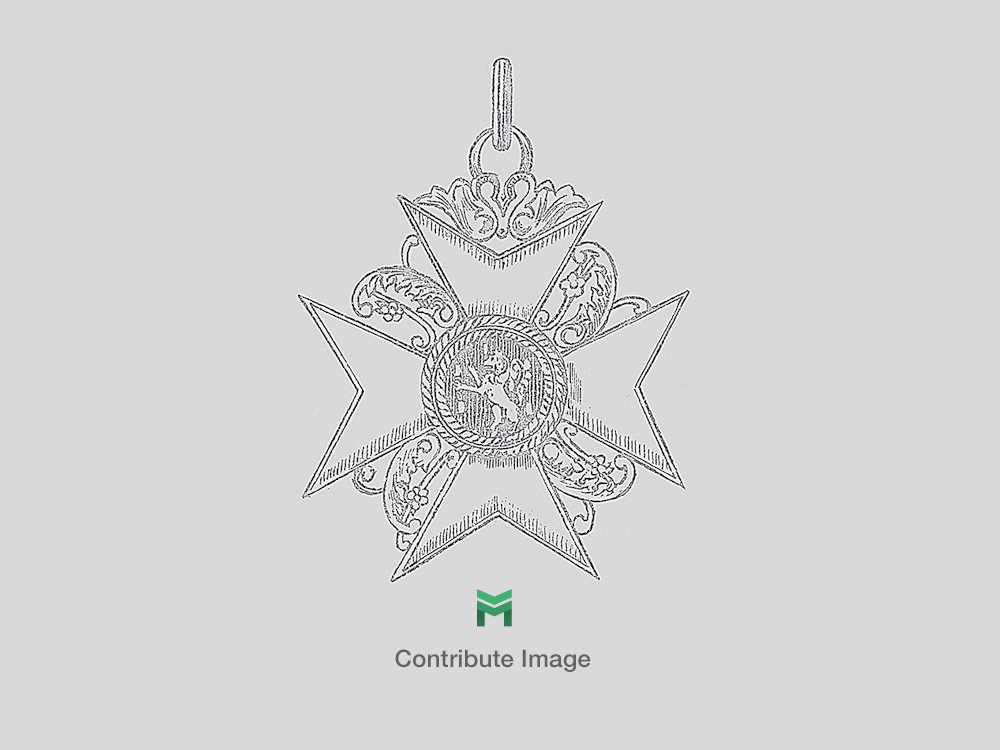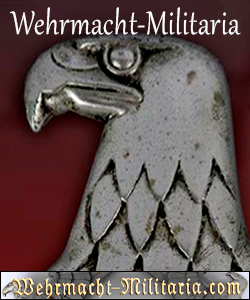Long Service Decoration, Type III, II Class Silver Cross
SKU: 02.WUT.0138.102.01
Estimated market value:

Estimated market value:
Attributes
History
The Long Service Decoration was instituted on September 9, 1833 by King Wilhelm I. It was conferred upon officers, non-commissioned officers, and enlisted men who rendered long and faithful service. The award was established in two grades, I Class and II Class. The I Class award was conferred upon officers, while the II Class was conferred upon non-commissioned officers and enlisted ranks.
In order to receive the award, an officer had to have actively served for 25 years and was only allowed a one year period of absence. Service time spent as a non-commissioned officer or soldier could be counted in the total time. Time spent as a cadet, in officer training, or as a member of a foreign army could not be counted. non-commissioned officers and enlisted ranks had to have actively served for 20 years of service and were also only allowed to have a one year period of absence. Service rendered during a war counted for twice the time.
On May 27, 1839, the decoration statutes were changed. The new statutes made it possible for non-combat military personnel, such as members of the ministry of war, to also receive the decoration. In addition, the following changes were enacted: time spent on field campaign would be counted twice, recipients of the II Class Cross were granted an allowance, and unexcused absences of less than six months did not disqualify an individual from receiving the decoration.
.In 1850, the decoration statutes were changed again. Non-commissioned officers became eligible to receive the II Class Cross after 18 years of service and the I Class Cross after 30 years of service.
In 1850, a set of clasps for 6, 12, 18, and 30 years of service were introduced as a subdivision of the Long Service Decoration. These clasps, first issued in April 1851, were reserved for non-commissioned officers and enlisted ranks who were deserving of an award, but were not eligible to receive the I or II Class Cross due to some sort of delinquency. The clasps were metal cut-out frames that attached to a ribbon and featured the number of service years in Roman numerals. Prior to the introduction of the clasps, sleeve chevrons were used to denote service years. The class were worn on the left breast of a service tunic.
In 1864, the reverse of the I Class Class Cross was redesigned to feature two crossed swords surrounded by the inscription "FÜR TREUE DIENSTE".
On March 16, 1874, King Karl of Württemberg introduced a new II Class Cross for non-commissioned officers and enlisted ranks. The cross was issued for 21 years of loyal service. It was modelled after the Prussian Long Service Award.

Versions
$250 USD
Silvered War Material/Enamelled
Obv: K Rev: FÜR TREUE DIENSTE
34x34mm


Comments
Sign in to comment and reply.


Scroll Top